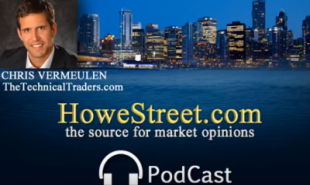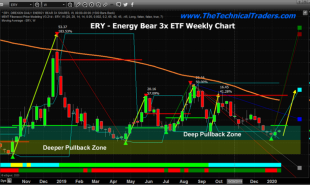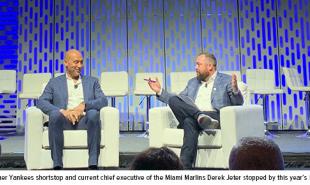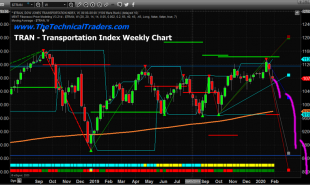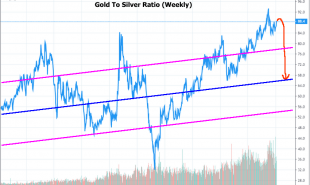
A Berkshire party.
via Matt Levine
This Saturday saw the umpteenth installment of Warren & Charlie's Geriatric Comedy Hour at the Berkshire Hathaway Inc. annual shareholders' meeting in Omaha, Nebraska, featuring old favorite routines like this one:
Buffett opened the meeting with a quip he's used before but always works on the crowd.
"That's Charlie. I'm Warren. You can tell us apart because he can hear and I can see."
There was also some newer material:
The older of the two, Munger, described what he dreams about:
"Sometimes when I am especially wistful, I think 'Oh, to be 90 again.'"
And some crowd work:
Buffett called out to fellow octogenarian Bogle:
"You're going to be 88 on Monday. In only two years, you'll be eligible for an executive position at Berkshire. Hang in there buddy."
And a line about Ebitda that I am just going to assume was a joke:
“You’ve understated the horrors of the subject and the disgusting nature of the people who brought that term into the valuation of business,” says Mr. Munger. “Now they use it in the business schools. That is horror squared.”
Thanks, you've been a wonderful crowd, try the Cherry Coke. Corporate finance theory does not, I think, have a good account of the annual shareholder meeting. Why would you bother running a public company? Sure it generally pays well, but that won't keep you there for decades; how much money do you really need? Part of it has to be social: The company is where your friends are, and where you have most of your social interactions, and your basic motivation is to make sure that those interactions are pleasant. The annual meeting could be the highlight, or lowlight, of your social calendar, if you take it seriously. The last time we talked about an annual meeting around here, it was Wells Fargo & Co.'s, where a shareholder demanded that directors get up one by one and explain what they knew about the bank's fake-accounts scandal. That would be very unpleasant! If that was really how Wells Fargo's meeting went (it wasn't), it would be a powerful incentive for directors to monitor corporate behavior. On the other hand, having an annual meeting where thousands of acolytes show up to shower you with adoration and laugh at your well-worn jokes is in itself reason enough to run a public company, and to do a good job of it. Warren Buffett and Charlie Munger have fun. Here are some pictures.
Like many comedians, Buffett and Munger have a serious message, or several serious messages. One is that, despite their long track record of consistent above-market returns from active asset management, they continue to be big boosters of index funds. Thus the shout-out to indexing pioneer Jack Bogle, whom Buffett askedto stand up for a round of applause. The boosting of index funds comes, as always, with a trashing of hedge funds:
"If you even have a billion dollar fund and get two percent of it, for terrible performance, that’s $20 million," Buffett said. "In any other field, it would just blow your mind."
By comparison, the two stock-pickers at Berkshire, Ted Weschler and Todd Combs, manage about $20 billion between them and get paid $1 million a year in salary, plus bonuses based on the amount by which they beat the S&P 500 Index.
We talk sometimes around here about one hypothetical downside of index funds: If all the companies in an industry are owned by the same group of index funds, or other big diversified investors, then those companies will have less incentive to compete with each other by lowering prices. This theory originated with some empirical work about the airline industry, finding that higher cross-ownership there correlates with higher ticket prices. So I suppose it's relevant that Berkshire has taken stakes in a bunch of airlines recently, and that Buffett hopes to profit if they don't compete with each other by lowering prices:
And he predicted that Berkshire could make “a fair amount” on its recent airline investments if carriers keep a stronger grip on fares, while acknowledging “it is no cinch.”
He's learned something from the index funds I guess. Elsewhere at Buffett-fest: Some Berkshire subsidiaries have new chief executive officers. Buffett called the Republican American Health Care Act "a huge tax cut for guys like me." And Berkshire "is already examining ways to benefit from the lower corporate tax rateproposed by President Donald Trump," including taking tax losses now rather than later, when they may be less valuable.
Read more by Soren K.Group



